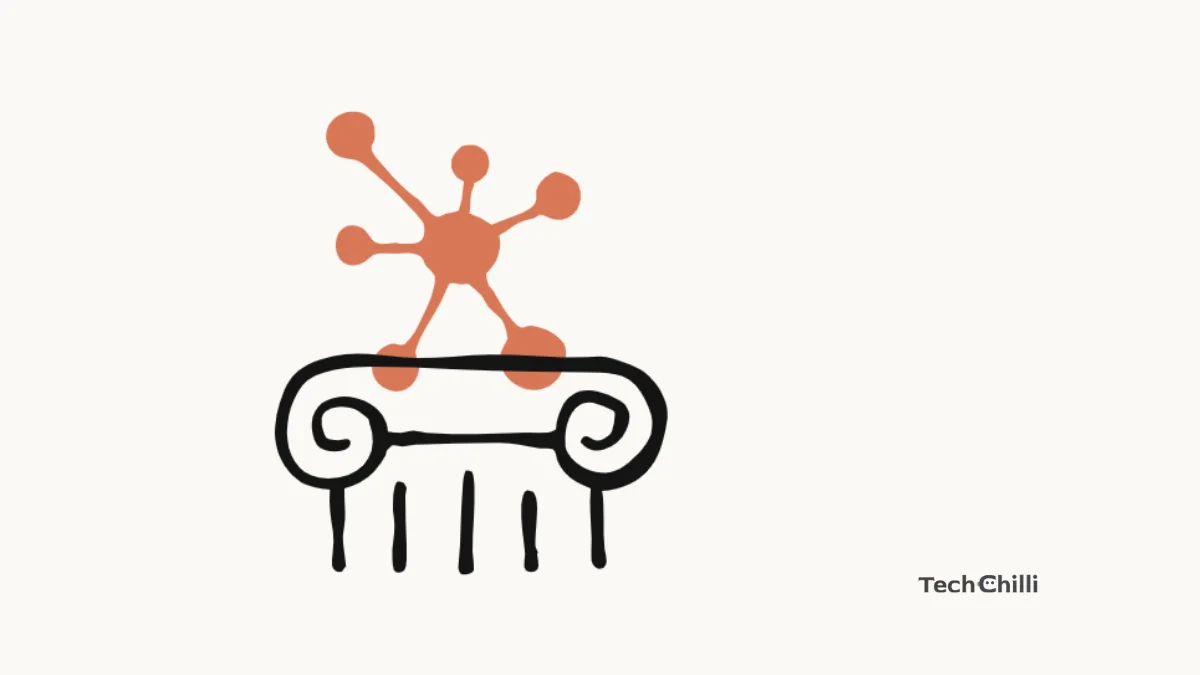Launched on April 02, 2025, Claude for Education is a powerful AI tool especially built for students and teachers, helping them in the field of education. With features like Learning Mode, campus-wide partnerships, and student-focused programs, it empowers critical thinking, personalized learning, and administrative efficiency.

Claude for education
When AI first appeared on the scene, many people were worried. It seemed like it was here to take over jobs, especially for writers, artists, and creatives.
But things are changing.
Now, AI isn’t just about replacing work—it’s starting to support it. One big shift we’re seeing is in education. Tools like Claude are stepping into the classroom, not to take over, but to help teachers and students.
On April 02, 2025, Anthropic launched Claude for Education—a version of the AI designed specifically for colleges and universities.
The goal? To help schools integrate AI into learning, teaching, and admin work while making sure students and educators are actively involved in shaping how it’s used.
Education is the foundation for a better future, and Anthropic understands it all. It has recently launched Claude for Education, a better version of Claude, specially curated for a target audience that includes students and teachers.
But why does it have to launch a specific model of “Claude for Education” when people can get their jobs done without going for a specific version? Let us know.
First of all, Anthropic is committed to using AI to support—not replace—education. Their approach puts educators in charge and focuses on making AI helpful, fair, and secure. Here’s how they do it:
Claude is built to help students think critically and understand concepts deeply. Instead of giving easy answers, it encourages exploration and supports real understanding through thoughtful guidance.
Anthropic works closely with schools and universities to bring AI into education in ways that are fair and inclusive. They aim to ensure every student, regardless of background, has access to the tools they need to succeed.
Claude is designed with strict privacy controls. Student data is not used to train the AI models, and all security measures meet the compliance standards that schools and universities require.
Anthropic believes in transparency. They clearly explain what Claude can and cannot do, so educators and students can make smart, informed decisions about how to use AI in learning.
Claude for Education is an AI tool made for schools and universities. It provides students, teachers, and administrators with a simple and secure way to use advanced AI.
For example, if a student has to draft any literature reviews with proper citations, it may look like cumbersome work. But with Claude for education, the work has been made easy for you.
Students can also get clear, step-by-step guidance to solve complex calculus problems and receive helpful feedback on their thesis statements before submitting them—making studying smoother and less stressful.
Faculty can use Claude to create rubrics that align with specific learning goals, offer personalised and meaningful feedback on student essays, and even generate chemistry problems with varying levels of difficulty to better match student abilities.
Claude can help admin teams in a few straightforward ways. It can check out enrollment trends in different departments to help make better decisions, automatically answer common student emails to save time, and turn complicated policy documents into easy-to-understand FAQs for students.
Claude for Education includes a new feature called Learning Mode, available in Projects, a space where students can save and organise their work. This mode is designed to support independent thinking. Here’s how:
Northeastern University is the first to partner with Anthropic as a design partner. This partnership is giving 50,000+ students, staff, and faculty access to Claude across 13 campuses.
Claude is working together with Northeastern University to develop best practices for AI in education. The uni is already known for its AI-driven academic plan, Northeastern 2025.
President Joseph E. Aoun, a thought leader in AI and higher education, wrote the book Robot-Proof, now in its second edition, about the future of learning in an AI world.
The London School of Economics and Political Science (LSE) provides Claude access to all students. It ensures equal opportunities for everyone to learn and use AI. This London school is still exploring how AI can be used responsibly in education. LSE President Larry Kramer says the partnership continues LSE’s mission to solve real-world challenges
Champlain College is stepping up its game by bringing Claude into the mix for all students. This move is all about helping them pick up the AI skills they’ll need for their future jobs.
By using Claude in both on-campus and online classes, the college aims to look at how AI affects job training, focusing on the personal skills that make graduates stand out in today’s tech-focused job market.
Champlain College President Alex Hernandez says this partnership helps students graduate ready to succeed in a tech-driven world.
Also Read: Anthropic Claims Claude AI can Mimic your Distinct Writing Style
This post was last modified on April 13, 2025 5:09 am
What is digital arrest, and why is it becoming critical in today’s cybercrime-ridden world? This…
AI in Cybersecurity segment: AI has the potential to revolutionize cybersecurity with its ability to…
Explore the best AI security solutions of 2025 designed to protect against modern cyber threats.…
Autonomous agent layers are self-governing AI programs capable of sensing their environment, making decisions, and…
Artificial Intelligence is transforming the cryptocurrency industry by enhancing security, improving predictive analytics, and enabling…
In 2025, Earkick stands out as the best mental health AI chatbot. Offering free, real-time…